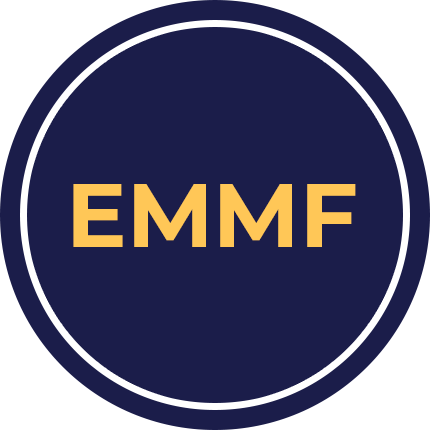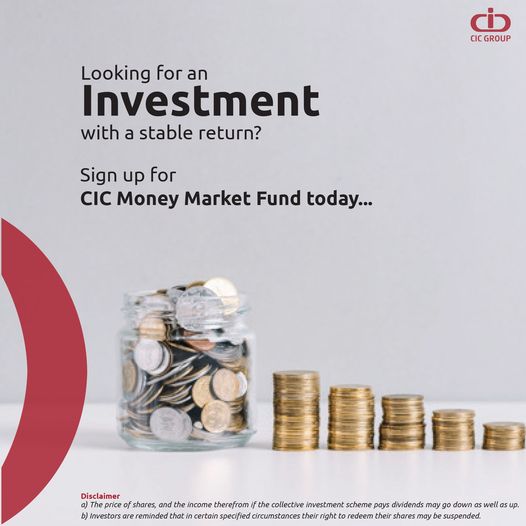
Yes, there are different types of Money Market Funds (MMFs), each tailored to meet specific investor needs and regulatory requirements.
Here’s an overview of the main types of MMFs:
1. Government Money Market Funds
Government Money Market Funds primarily invest in short-term securities issued or guaranteed by government entities, such as Treasury bills (T-bills) and government agency securities. These funds are considered the safest category of MMFs because they focus on securities backed by the full faith and credit of the government. They appeal to investors seeking minimal credit risk and stability in their investments.
2. Prime Money Market Funds
Prime Money Market Funds invest in a broader range of short-term securities, including commercial paper issued by corporations, certificates of deposit (CDs), and other highly rated short-term bonds. These funds offer potentially higher yields compared to government MMFs but come with slightly higher credit risk. Prime MMFs are popular among institutional investors and corporate treasurers looking for a balance between safety and yield.
3. Tax-Exempt Money Market Funds
Tax-Exempt Money Market Funds invest in short-term municipal securities that are exempt from federal income taxes, and in some cases, state and local taxes. These funds appeal to investors in higher tax brackets seeking to minimize their tax liabilities while maintaining liquidity and safety. Tax-Exempt MMFs typically invest in municipal bonds issued by state and local governments to fund public projects.
4. Retail vs. Institutional Money Market Funds
– Retail Money Market Funds:
These funds are designed for individual investors and often have lower minimum investment requirements compared to institutional MMFs. They may offer features such as check-writing privileges and retail-specific fee structures.
– Institutional Money Market Funds:
These funds cater to large institutional investors, such as corporations, pension funds, and financial institutions. They typically have higher minimum investment thresholds and may offer customized features tailored to institutional needs, such as higher liquidity thresholds and institutional fee structures.
5. Floating Rate Money Market Funds
Floating Rate Money Market Funds invest in short-term securities with variable interest rates that adjust periodically based on prevailing market rates. These funds are designed to offer protection against rising interest rates by adjusting their yields upward in response to rate hikes. Floating Rate MMFs may include securities like floating rate notes (FRNs) and adjustable-rate CDs.
6. Enhanced Cash Funds
Enhanced Cash Funds (ECFs) are a variation of MMFs that invest in a slightly broader range of short-term securities compared to traditional MMFs. They may include slightly longer-term instruments and engage in limited credit risk to potentially enhance yields. ECFs are suitable for investors seeking slightly higher returns while maintaining a conservative investment approach.
Considerations for Investors
When choosing a Money Market Fund, investors should consider factors such as the fund’s investment objectives, credit quality of holdings, expense ratios, liquidity terms, and regulatory compliance. Understanding the specific type of MMF and its investment strategy can help investors align their choices with their financial goals, risk tolerance, and liquidity needs.
Each type of Money Market Fund offers unique features and benefits, catering to different investor preferences and regulatory environments. By selecting the appropriate MMF type, investors can effectively manage their cash reserves while optimizing their investment returns within a framework of safety and liquidity.




